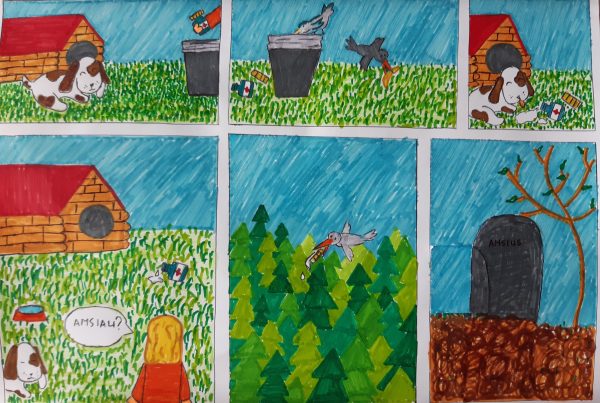
Inspire, Connect and find Support: This is the aim of the European Open Schooling Network (EOSnet), an association of participants or people interested in participating in Open Schooling projects.
But what exactly is Open Schooling?



Inspire, Connect and find Support: This is the aim of the European Open Schooling Network (EOSnet), an association of participants or people interested in participating in Open Schooling projects.
But what exactly is Open Schooling?
”“Open Schooling (is) where schools, in cooperation with other stakeholders, become an agent of community well-being: families are encouraged to become real partners in school life and activities; professionals from enterprise, civil and wider society are actively involved in bringing real-life projects into the classroom.”
Science Education for Responsible CitizenshipEuropean Commission

Let’s bring Open Schooling to life!
School-Community-Projects from all over Europe will inspire you. Connect with like-minded individuals and groups and discuss how co-creation processes can increase students’ desire to learn and their interest in science. Find support and benefit from resources and experiences: teaching materials, pedagogical guidelines and step-by-step instructions from European Open Schooling projects that make it easy to implement School-Community-Projects.
Open the doors of the classrooms now and join the EOSnet!
“While working on the project, I learned how important renewable energy is and how serious savings can actually be made through simple methods, and I will implement it for the rest of my life.”
Student Participant
“A school that thinks, that reflects, that learns along the way, that opens its doors to families and the community, is a living school that trains competent people adapted to a liquid society that is constantly evolving. At the same time, it adopts a role of service, generating positive changes for the community.”
Educational CommunityCEIP Gloria Fuertes, Jaén
“Educating young people is a joint project - not just of teachers and parents, but of all of us. 'Outsiders' bring new impulses and different ways of seeing and thinking to the school, which is why such projects are so important. They provide 'internships @ school,' so to speak, and most of us know from our own experience how important internships are.”
Mirco PriessChair of WEE Stiftung e.V. (NGO and Foundation)
“Seeing my students having ownership in their own sustainability project made me as a teacher feel proud! I could see them growing in brainstorm and planning skills, as well in assertiveness by reaching out to school and community members.”
Sanne KorteBiology teacher
“When I found out I was going into this project, I was so happy to encourage environmental awareness. So, we immediately started working with my friends and did the best we could. We're all going to sign this project together. And the future will be proud of us...”
Student Participant

What is an Open Schooling Community?
In an Open Schooling Community a teacher and their students join forces with citizens – parents, neighbours, volunteers and professionals from local businesses, organisations or the community. Together they work on a project addressing an environmental issue affecting their community. We call them School-Community-Projects.
This involves working on eye level and incorporating the imagination, experience and knowledge of all participants. The jointly developed solutions are then presented to the public together. There are no limits to creativity and the choice of medium!
Open School Communities already exist in many places in Europe!
The Life of a School Community
In School-Community-Projects (SCP) a wide range of questions are explored such as: How did our waste behavior change during the corona pandemic? How can plastic waste be reduced? What effects does it have if we buy things second hand?
What all the projects have in common is that everyone has contributed their knowledge, their experience and their perspective – and in the end there is a result that contributes to a sustainable approach to our environment, but also to our society.
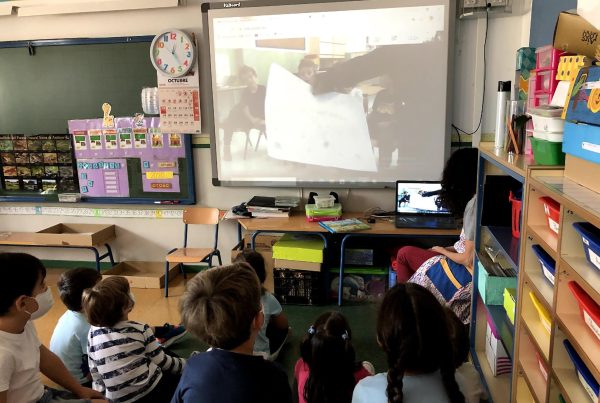

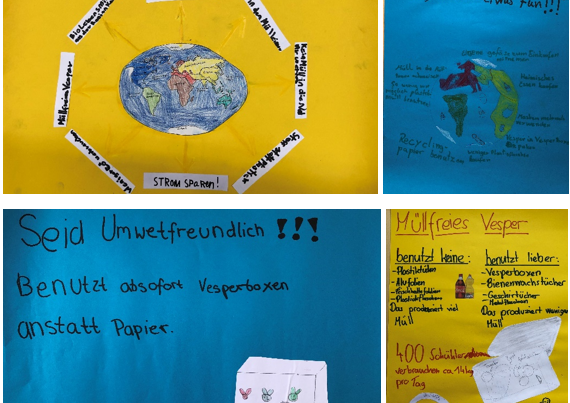
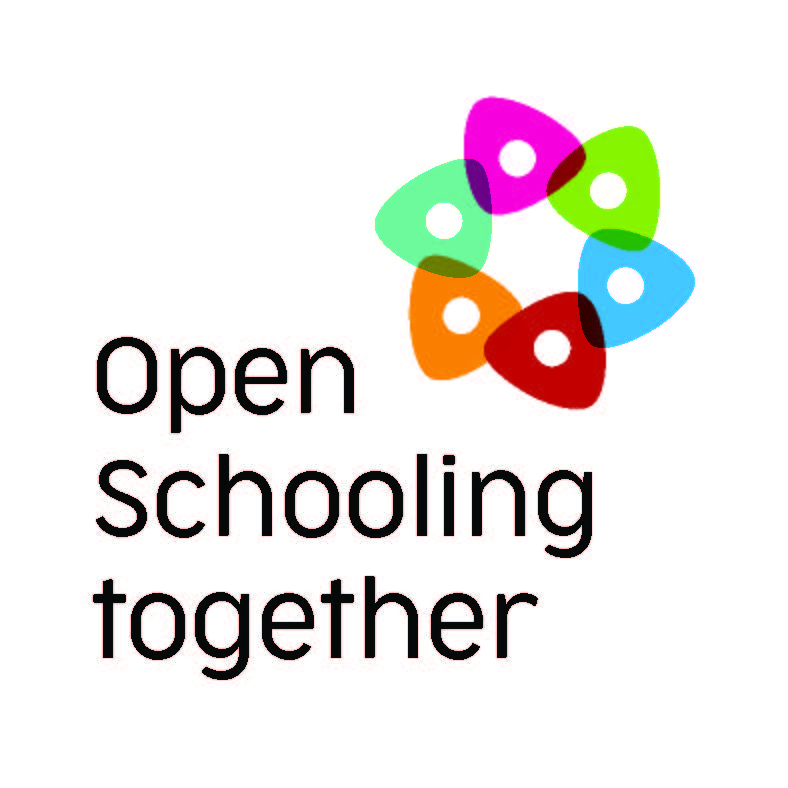
EOSNet is part of the project MOST (Meaningful Open Schooling Connects Schools To Communities) and has received funding from European Horizon 2020 Programme. Together with eight other EU funded projects we are part of the joint initiative OStogether. Together we want to raise awareness on the opportunities of Open Schooling and on the different methodologies to implement this concept.
To give you more inspiration and a comprehensive overview of current Open Schooling activities, we present and link our partner projects below.
Sharing the same goal, we developed common channels to raise awareness on the opportunities of open schooling and on the different methodologies to implement this concept. Find our latest guidelines, best practices, research outcomes, and upcoming events by following @OStogether on Twitter and Facebook as well as by signing up for the Open Schooling together newsletter.
Make it Open aims to develop a sustainable infrastructure of open schooling in Europe based on the approach of the maker movement. The project will introduce maker education, citizen science, and constructionism learning as transformative approaches to teach and learn STEAM in a more tangible, applicable, and appealing way. It is an approach that positions student self-efficacy, agency, and interest at the center, asking students to see themselves as people who can ask, develop, test, iterate and take part in shaping the world.
Make it Open will create open schooling hubs in 10 European countries where more than 150 schools will collaborate with families, private companies, and civil society organizations, using the maker movement approaches to solve real challenges in and with the community. A MOOC will be offered to teachers to encourage the uptake of the project’s results. It will also contribute to establishing an online community of open schooling educators.
Coordinator: Bloomfield Science Museum, Israel
SALL – Schools As Living Labs – project proposes the living lab methodology as a technique for the development of open schooling activities linked to science learning in Europe’s schools. This is demonstrated through activities prioritizing a focus on the theme of the food system and its links to the Food 2030 research and innovation policy of the European Union.
The SALL team members come from diverse worlds: schools, universities and research organisations, science centres, NGOs, and business. They join forces with the stakeholder community in order to co-create, implement and evaluate new ways for schools to partner with their local communities and become agents of community well-being through their involvement in co-creative research and innovation in real-life settings.
Coordinator: Ellinogermaniki Agogi, Greece
The Open Science Hub project engages schools and local stakeholders in using research and innovation as a tool to tackle local relevant challenges and contributing to sustainable community development. Importantly, OSHubs are being created in communities that traditionally do not engage with research and innovation due to various barriers – geographical location, socio-economic status, ethnic minority groups.
For that, OSHubs work as mediators in each local community – as school-driven Science Shops –, facilitating the bridge between the needs of the schools and their local context, and supporting them to become active agents for collaboration between families, universities, industry, local governments, civil and wider society, by engaging in real life projects that meet societal needs.
Coordinator: Universiteit Leiden, Netherlands
PHERECLOS builds upon the experience of Children’s Universities (CUs) in Europe and beyond. Due to their engagement with children and young people, they help to breakdown institutional boundaries between universities and the wider society. CU often sit between key organisations in the educational and social landscape, collaborating with both.
The project will establish “Local Education Clusters” (LECs), bringing together schools and further relevant actors in the educational ecosystem of 6 diverse pilot regions. These actors may be universities, governmental and non-governmental organisations, companies, charities, museums or other knowledge providers. The LECs will be incubators for enabling dialogue and for setting-up joint activities between these organisations at the overlapping edges of formal and non-formal education.
At the same time, the project aims to improve the quality of science engagement. PHERECLOS will implement a digital “OpenBadge” system which labels institutions as reliable and responsive actors allowing all LEC parties to become real agents of change in education. At the same time, this ecosystem will highlight individual achievements with respect to STEAM engagement.
PULCHRA aims to explore the open schooling concept through the theme “Cities as urban ecosystems” by facilitating participation of citizens of all ages in scientific discovery; by building a learning, exploring and activation network; by developing knowledgeable, innovative and participatory communities; and by exploring common issues related to the city as an urban ecosystem through specially designed City Challenges.
City Science Teams are being created in schools with the participation of stakeholders from the wider community. These City Science Teams will scientifically investigate local issues related to cities as urban ecosystems in collaboration with the local community, professionals and other key stakeholders. An online City Challenges Platform facilitates the exchange of information and ideas between participants and partners across the PULCHRA network, promoting the open-schooling participatory focus of the project
Coordinator: National and Kapodistrian University of Athens, Greece
We all want more young people to aspire to a career in science, and to be able to think scientifically in their everyday life. Yet the traditional curriculum results in too many students thinking is that ‘science is not for me’. What can we do? According to recent research, these students lack ‘science capital’, especially those from disadvantaged groups. The solution is to add more opportunities into the curriculum for these students to see what scientists do, to talk science with their families, and to appreciate the impact of science on the world.
CONNECT will provide these missing opportunities in the form of add-ons to existing units. that tick many curriculum boxes and are easy for teachers to use:
Coordinator: The Open University and EXUS, United Kingdom
SEAS – Science Education for Action and Engagement towards Sustainability – project aims to develop scientific literacies and agencies for solving complex and interdisciplinary sustainability challenges in their local communities. SEAS facilitates collaboration between schools and local communities facing sustainability challenges through open schooling designs and establishes a flexible and open-ended toolkit of concepts, tools (CChallenge, SenseMaker, LORET, etc) and methods (ChangeLab, Social Design Experiments, etc) designed to support the establishment and development of open-schooling networks where teachers and students can work together with out-of-school partners. Six open-schooling networks have been established in Austria, Belgium, Estonia, Italy, Norway and Sweden.
Coordinator: University of Oslo, Norway
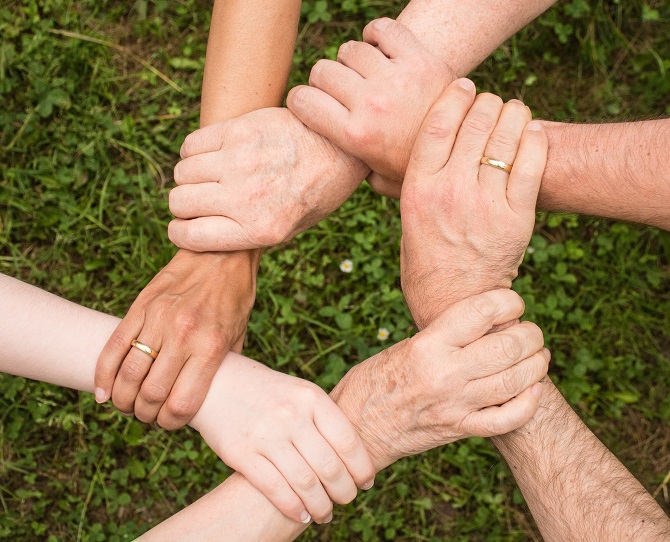
Open Schooling is about cooperation, co-creation, exchange and working jointly at eye level. When working together on real-world problems, everyone learns from, about and with each other: A scientific approach that takes into account different perspectives, applies what is learned and creates shared responsibility.
This can be implemented in many ways. Here are the ways to become active.
Are you interested in learning more on Open Schooling and its implementation in your teaching? Would you like to get in touch with other teachers from across Europe? Would you like to participate in an Open Schooling project? Then become a member of the European Open Schooling network (EOSnet)!
EOSnet is the free Open Schooling community on the net. The network is open for new members to join! Let´s learn from and with each other and open the classroom doors now!
As a member, here is what you get:
The EU funded project MOST (Meaningful Open Schooling Connect Schools To Communities, 2020 – 2023) is the starting point for the EOSnet: Within the frame of the project, schools and citizens from a range of backgrounds jointly launch school-community projects in key regions of ten European countries.
Are you ready to start your individual school-community-project? Contact us directly. Please write to your National MOST advisor or to the MOST Project Office. We look forward to hearing your ideas and supporting you!
You can find practical guidance, pedagogical guidelines and further materials that have been developed within the MOST project, but also in other Open Schooling projects. Take what is helpful to you and leave the rest!
Here you can find some ressources, if you are interested in applying open schooling. Below you can find more supporting information, like a manual or the pedagogical guidelines. If you have any questions, feel free to contact us.
You are currently viewing a placeholder content from YouTube. To access the actual content, click the button below. Please note that doing so will share data with third-party providers.
More InformationPlease contact us. We are happy to support you! You can also find direct contact for individual advice here. Our National MOST Advisors look forward to answering your questions.
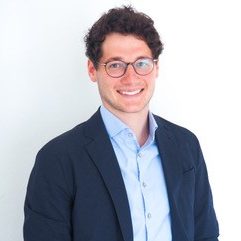
Austria
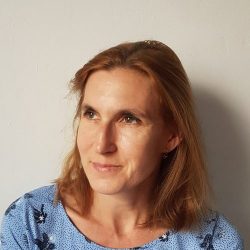
Czech Republic
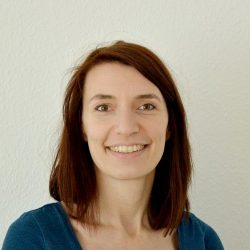
Germany
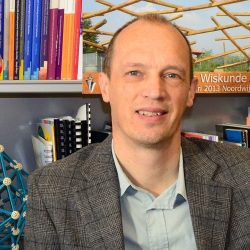
Netherlands
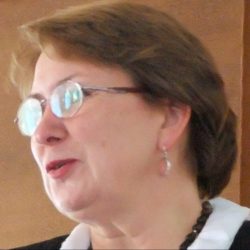
Lithuania
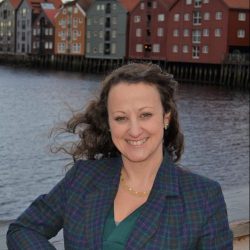
Norway
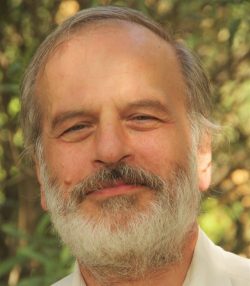
Malta
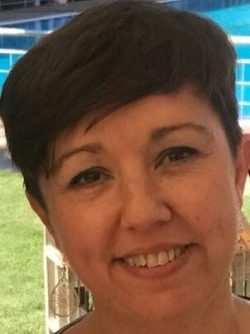
Spain
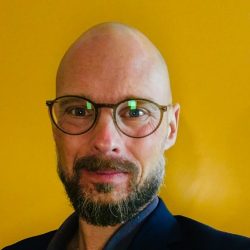
Sweden
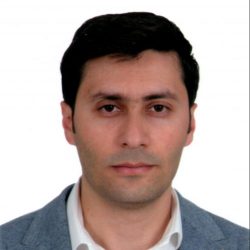
Turkey
If you did not find an advisor for your country, please feel free to contact the MOST Project Office. We look forward to hearing from you!
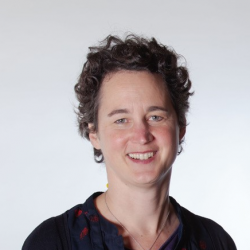
MOST Coordinator / Project Office
We invite all actors in the field of Open Schooling to network, exchange results and experiences and to further develop and promote the idea of Open Schooling.
Whether you are a teacher, a parent, an active citizen, a business representative, a non-formal learning provider, a university, a school leader or a policy maker, we want you to become a part of the European Open Schoolnet (EOSnet)!
Here you can find out what you get as a member of the EOSnet. Take the first step now, by signing-up for our EOSnet Mailing List:
Participating Countries
For data protection reasons, we are currently only listing institutions. If you wish to be listed as an individual, please contact us.
If you want to network with any of the listed schools or institutions, please contact your national most advisor!

Austria

Czech Republic

Germany

Netherlands

Lithuania

Norway

Malta

Spain

Sweden

Turkey
If you did not find an advisor for your country, please feel free to contact the MOST Project Office. We look forward to hearing from you!

MOST Coordinator / Project Office
Do you want to be part of the EOSnet? Do you want to share your own story? Or are you ready to start your own SCP?
We want to hear from you and are here to support you!
Contact us if you want your project featured on this website or for individual advice and guidance in implementing your own Open Schooling project.

Austria

Czech Republic

Germany

Netherlands

Lithuania

Norway

Malta

Spain

Sweden

Turkey
If you did not find an advisor for your country, please feel free to contact the MOST Project Office. We look forward to hearing from you!

MOST Coordinator / Project Office
The creation of these resources has been funded with the support of the Horizon2020 programme of the European Union under grant no. 871155. The European Union/European Commission is neither responsible for the content nor liable for any losses or damage resulting of the use of these resources.
CC-BY-NC-SA 4.0 license is granted for all our materials. Please feel free to use and adapt them for non-commercial purposes. Make sure to give attribution to the original materials as well as for the adapted ones. Find explicit terms of use for CC-BY-NC-SA 4.0 at: https://creativecommons.org/licenses/by-nc-sa/4.0/deed.en

You need to load content from reCAPTCHA to submit the form. Please note that doing so will share data with third-party providers.
More InformationYou are currently viewing a placeholder content from Turnstile. To access the actual content, click the button below. Please note that doing so will share data with third-party providers.
More InformationYou are currently viewing a placeholder content from Facebook. To access the actual content, click the button below. Please note that doing so will share data with third-party providers.
More InformationYou are currently viewing a placeholder content from Instagram. To access the actual content, click the button below. Please note that doing so will share data with third-party providers.
More InformationYou are currently viewing a placeholder content from OpenStreetMap. To access the actual content, click the button below. Please note that doing so will share data with third-party providers.
More InformationYou are currently viewing a placeholder content from Google Maps. To access the actual content, click the button below. Please note that doing so will share data with third-party providers.
More InformationYou are currently viewing a placeholder content from YouTube. To access the actual content, click the button below. Please note that doing so will share data with third-party providers.
More InformationYou are currently viewing a placeholder content from Vimeo. To access the actual content, click the button below. Please note that doing so will share data with third-party providers.
More InformationYou need to load content from hCaptcha to submit the form. Please note that doing so will share data with third-party providers.
More InformationYou need to load content from reCAPTCHA to submit the form. Please note that doing so will share data with third-party providers.
More InformationYou are currently viewing a placeholder content from Turnstile. To access the actual content, click the button below. Please note that doing so will share data with third-party providers.
More InformationYou are currently viewing a placeholder content from X. To access the actual content, click the button below. Please note that doing so will share data with third-party providers.
More Information